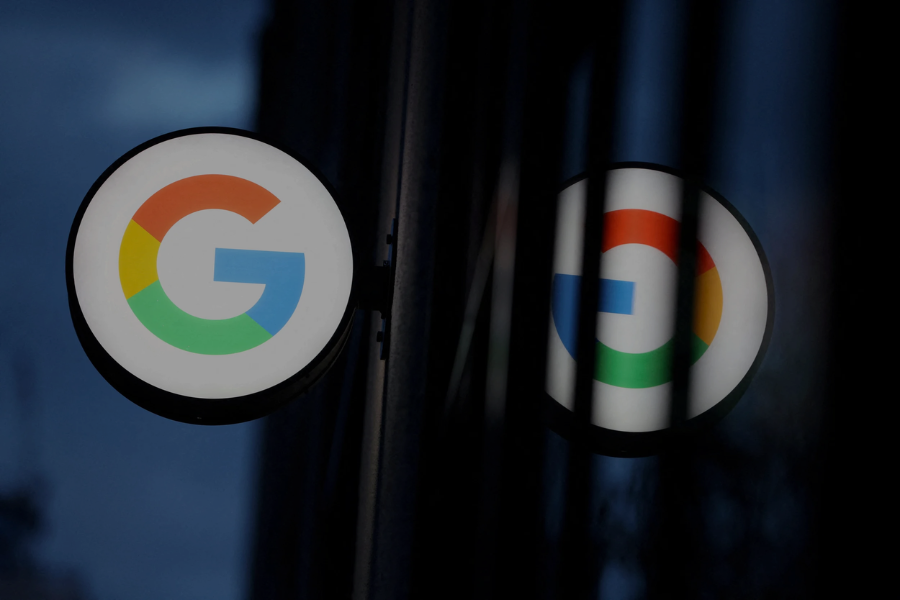Google is to defend a class action lawsuit that alleges the company was collecting user data through its Chrome browser in incognito mode. Last Tuesday, a federal appeals court reversed a ruling made in December 2022 that dismissed the case on the grounds that the lower court did not evaluate carefully enough whether Google’s disclosures would make a reasonable user think they were agreeing to data collection.
The case was initiated in 2020, resulting in Google collecting user data in Chrome even if the users did not enable the Chrome sync feature. Chrome sync is intended to back up and store bookmarks, passwords, open tabs and other configuration settings to a user’s Google account so that these sync across the Chrome browser when the user signs in from different devices. However, the plaintiffs claimed that Google “intentionally and unlawfully” obtained users’ browsing history, source IP, persistent cookies, and unique browser identifiers of the users without permission.
Google had said that users tacitly agreed to this data collection once they agreed to Google’s privacy policy. Judge Yvonne Gonzalez Rogers, who initially dismissed the case, was in support of Google, most especially when she said that Google had disclosed how they collected data and that users had agreed to it through the use of Chrome.
Nevertheless, in the recent decision, Judge Milan D. Smith Jr. complained that the earlier decision failed to contemplate whether consumers sufficiently appreciated the consequences of their consent. This way, Judge Smith said that Google had a general privacy disclosure but spoke positively about Chrome and some of the information it would not convey to Google unless a user enabled sync. The case shall now go back to the lower courts for trial with considerable importance accorded to litigants’ social media liberty interests.
Speaking to the press after the ruling, Google’s spokesperson José Castañeda noted his disagreement with the verdict, but he was sure that Google would emerge as the winner. ‘We strongly oppose this decision and believe that the facts of the case are on our side,’ Chrome Sync assists individuals in using Chrome on their devices and owns ordinary privacy options,’ Castañeda said in The Verge.
For instance, Castañeda reported that Google intends to make new changes that will no longer necessitate Chrome sync to access stored data. Still, he said this change is independent of the existing litigation.
This case brings together the increasing concern about Google’s data management, especially in protecting its users’ data. The decisions of this lawsuit will likely influence future decisions in how tech firms deal with user information, particularly the consent forms allowing their use. Even as the case goes back to the lower courts, interested parties, including Google and consumer privacy rights advocates, will be keen followers.















